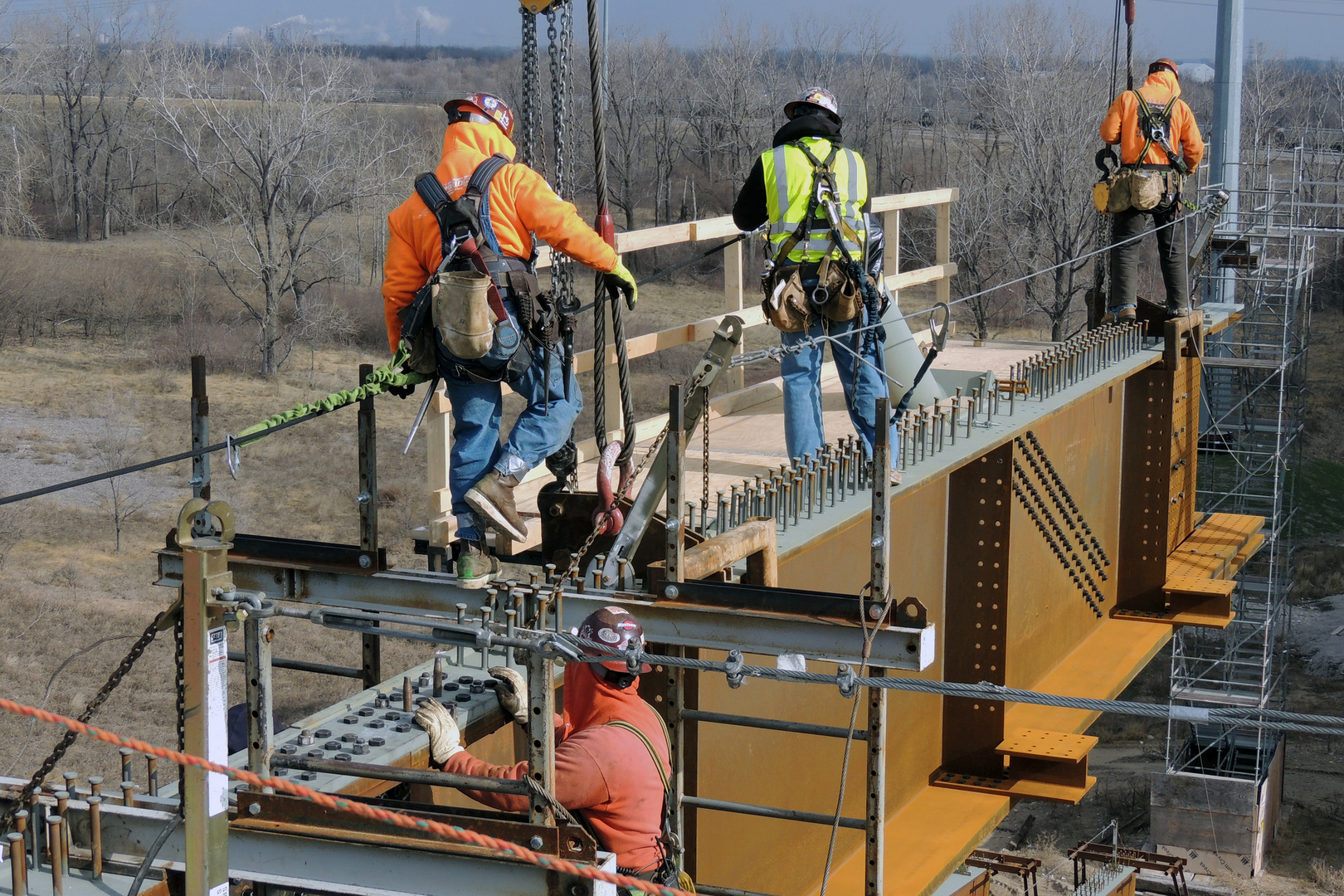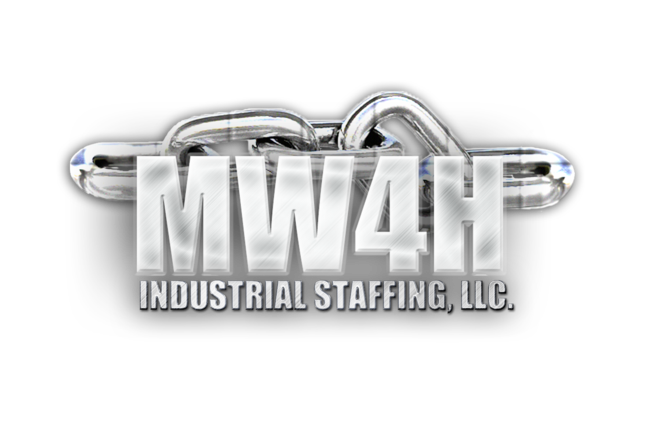



The solar energy industry has seen tremendous growth over the past few years. With the increasing demand for clean, renewable energy, solar power has become a vital part of the global energy mix. As the industry expands, solar technicians play a crucial role in ensuring that solar systems are installed, maintained, and functioning efficiently. However, as the solar industry evolves, technicians face numerous challenges that affect their work.
The solar energy industry is constantly evolving with new technologies and innovations. Solar panels, inverters, batteries, and other equipment are becoming more efficient, smaller, and cheaper. While these advancements offer many benefits, they also create challenges for technicians who must stay updated with the latest technologies. As new products are introduced, technicians must undergo continuous training to learn how to install, troubleshoot, and maintain the latest equipment.
The rapid pace of technological change can sometimes make it difficult for technicians to keep up. Older models of solar equipment may become obsolete, leaving technicians with limited experience working with newer technologies. As a result, there is a risk of knowledge gaps that could lead to mistakes or inefficient installations. In this fast-paced environment, keeping up with the latest advancements is crucial for technicians to remain competitive and deliver high-quality services.
Safety is a major concern for solar technicians, who often work in risky environments such as rooftops, construction sites, and remote locations. Installing and maintaining solar panels involves working with electrical systems, heavy equipment, and sometimes extreme weather conditions, all of which can pose safety hazards. Technicians must follow strict safety protocols to avoid injuries and accidents.
Additionally, solar technicians must adhere to various local, state, and federal regulations when installing and servicing solar systems. These regulations are in place to ensure that solar installations are safe, efficient, and meet building codes. As the solar industry continues to grow, new regulations are constantly being introduced. Staying compliant with these rules requires technicians to keep track of changing standards and guidelines, which can be time-consuming and challenging.
Another significant challenge facing the solar industry is the shortage of skilled workers. While demand for solar energy continues to rise, there are not enough trained technicians to meet the needs of the industry. This shortage is particularly concerning as solar energy adoption expands in both residential and commercial markets.
The lack of skilled technicians can lead to longer wait times for customers, as well as a strain on the existing workforce. Solar companies may struggle to find qualified technicians, and the increased workload can result in technician burnout. Additionally, the shortage of workers may cause companies to compromise on quality or safety, which could ultimately harm the reputation of the solar industry.
In order to address this challenge, there is a need for more training and education programs to prepare individuals for careers in solar technology. By attracting more people to the field and providing them with the necessary skills, the industry can help ensure that there are enough technicians to meet the growing demand.
Solar technicians often have to work in challenging weather conditions, which can make installations and maintenance more difficult. For example, technicians may need to work on rooftops during hot summers or in cold, snowy weather during the winter. These extreme conditions can increase the risk of accidents, such as heat stroke or frostbite, and can also make it harder to complete work on time.
In addition to weather challenges, solar installations are affected by environmental factors such as dust, wind, and pollution. Dust can accumulate on solar panels, reducing their efficiency and requiring frequent cleaning. Wind can make working at heights dangerous, and pollution can degrade the performance of solar panels over time. Technicians must be prepared to deal with these environmental factors and find ways to protect and maintain solar systems in varying conditions.
Solar technicians often need to travel to different job sites, sometimes in remote or difficult-to-access locations. This mobility can be challenging, especially when technicians must travel long distances to reach their destinations. Technicians may also need to work in various types of environments, from residential homes to large commercial buildings, which require different skills and equipment.
Additionally, technicians must transport heavy tools and equipment to job sites, which can be physically demanding and time-consuming. While mobility is an essential part of the job, it can be a source of stress for technicians, particularly if they are required to meet tight deadlines or work in unfavorable conditions.
As the solar energy industry grows, so do customer expectations. Homeowners and businesses expect solar installations to be completed quickly, professionally, and at a reasonable price. They also expect high-quality performance from their solar systems and may have concerns about issues such as energy savings, system reliability, and maintenance needs.
For technicians, managing customer expectations and maintaining clear communication is critical. Technicians must explain the complexities of solar systems to customers in simple, understandable terms. They must also be able to address any concerns or issues that arise during installation or maintenance, providing reassurance and guidance. Miscommunication or failure to meet customer expectations can lead to dissatisfaction, negative reviews, and potential loss of business.
Furthermore, customers often want quick service, which can place pressure on technicians to complete installations faster. However, rushing through installations can lead to mistakes or compromised quality, so technicians must balance speed with accuracy to maintain customer trust.
The solar industry is not immune to economic pressures. Fluctuations in the economy can affect the affordability of solar systems for customers, which in turn impacts the demand for solar services. Economic downturns may lead to fewer people investing in solar energy, while rising costs of materials and labor can make it more expensive for companies to operate.
Solar technicians may feel the effects of these economic pressures, as companies may reduce their budgets or lower wages to remain competitive in a challenging market. Additionally, competition in the solar industry is fierce, with many companies vying for a share of the market. This intense competition can put pressure on technicians to perform at their best while managing costs effectively.
Technicians may also face financial pressure if the prices of solar equipment or installation services drop. While cheaper solar systems benefit consumers, technicians may struggle with reduced pay or fewer opportunities for work. This creates an environment where the value of technicians' labor may not align with the growing demand for their expertise.
Solar technicians are integral to the success of the solar energy industry. They ensure that solar systems are properly installed, maintained, and functioning efficiently. However, as the industry continues to evolve, technicians face a range of challenges that affect their work, from keeping up with technological advancements to dealing with weather conditions and workforce shortages.
To overcome these challenges, it is crucial to invest in education and training for new technicians, keep up with evolving safety regulations, and improve communication with customers. As the demand for solar energy grows, addressing these issues will be essential to ensure the continued success and sustainability of the solar industry. With the right support and resources, solar technicians can thrive in this dynamic and rapidly changing field.